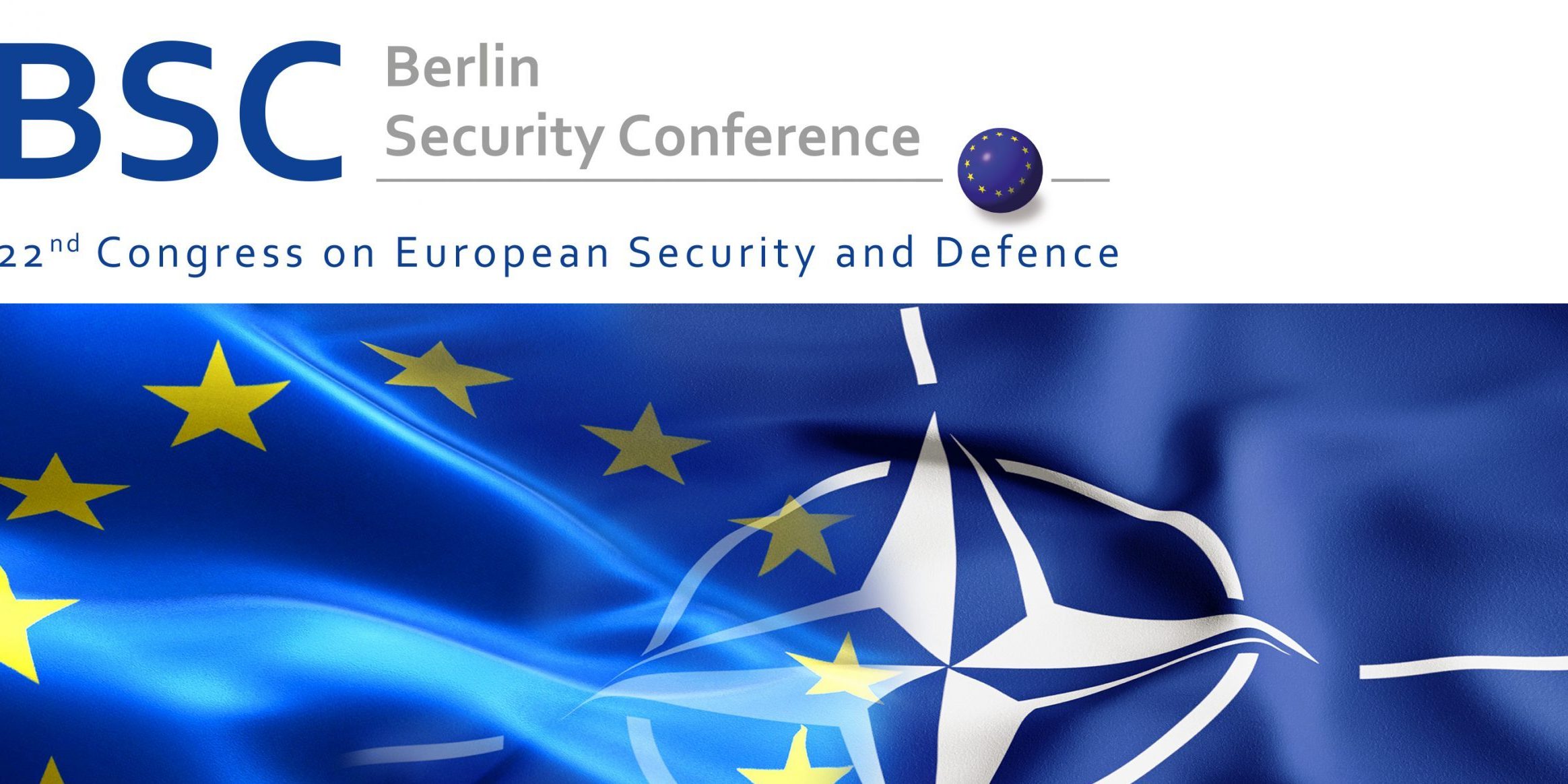The National Security Agency is pooling its expertise in the development and integration of artificial intelligence capabilities. The AI Security Center is expected to become the focal point for the development of artificial intelligence (AI) best practices, assessment methodologies and risk mitigation.
The new entity will consolidate the National Security Agency’s various security-related activities in the field of artificial intelligence. It is headed by National Security Agency Director Gen. Paul M. Nakasone. Nakasone additionally heads the U.S. Cyber Command. The centers establishment was preceded by other measures aimed at strengthening U.S. capabilities related to AI and security policy. In January, the Defense Department updated the Responsible Development of Autonomous Weapon Systems Directive. The directive is now said to be back in line with current developments and standards in AI. The old directive dated back to 2012. In addition, the ministry published a 2020 Responsible AI Strategy and Implementation Pathway. “The AI Safety Center will work closely with U.S. industry, national laboratories, academia and the Department of Defense, as well as selected foreign partners,” Nakasone said.
How AI can be used efficiently in a military context without having to make ethical compromises will be explored at the Berlin Security Conference on September 29 and 30. The panel “The use of Artificial Intelligence in the Military Domain” is dedicated to this topic. Chaired by Prof. Dr. Stefan Pickl, holder of the Chair of Operations Research at the University of the Federal Armed Forces in Munich, the panel will take a detailed and in-depth look at this complex topic. Jen Datak Mardzuki bin Muhammad, Vice Chancellor of the National Defense University of Malaysia, Major General Bruno Hofbauer, Head of Capabilities, Austrian Armed Forces, Dr. Peter Werkhoven, Senior Scientist TNO, NLD, Angelo Conigliello, CTO EMEA Safety & Security, Computer Vision, Dell Technologies and Colonel Thomas Erlenbruch, Head of Department Testing and Implementation, Center for Digitalization and Cyber and Information Space Capability Development of the German Armed Forces guarantee a content-dense expert panel.Jen Datak Mardzuki bin Muhammad, Vice Chancellor of the National Defense University of Malaysia, Major General Bruno Hofbauer, Head of Capabilities, Austrian Armed Forces, Dr. Peter Werkhoven, Senior Scientist TNO, NLD, Angelo Conigliello, CTO EMEA Safety & Security, Computer Vision, Dell Technologies and Colonel Thomas Erlenbruch, Head of Department Testing and Implementation, Center for Digitalization and Cyber and Information Space Capability Development of the German Armed Forces, guarantee a content-dense panel of experts.







